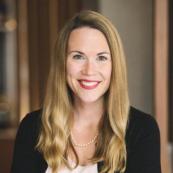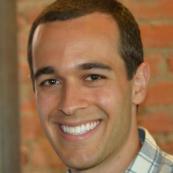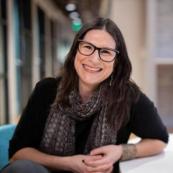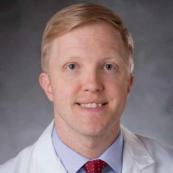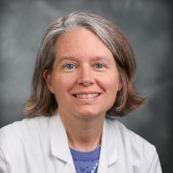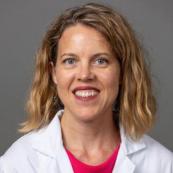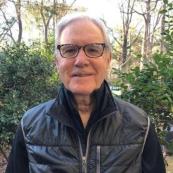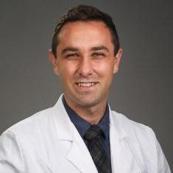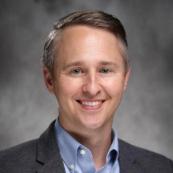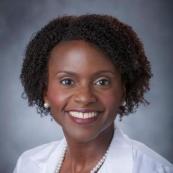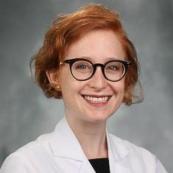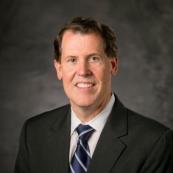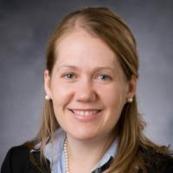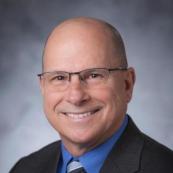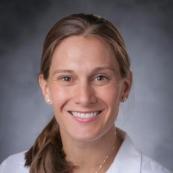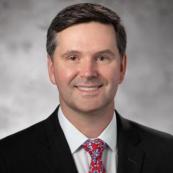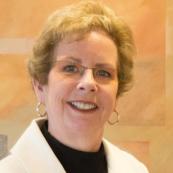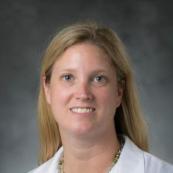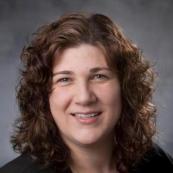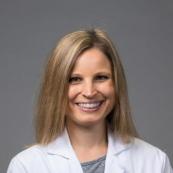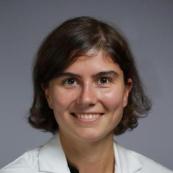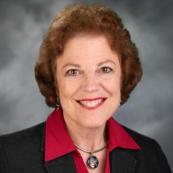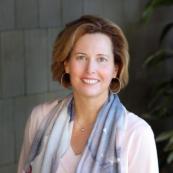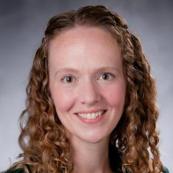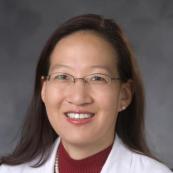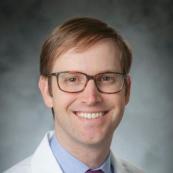Areas of Focus
Cancer Prevention
Develop, test, and implement programs to promote healthy behaviors to prevent cancer, such as quitting smoking and reducing obesity. Design programs to promote appropriate cancer screening.
Prevention Focus Area
Jabba SV, Erythropel HC, Anastas PT, Zimmerman JB, Jordt SE. Synthetic Cooling Agent and Other Flavor Additives in "Non-Menthol" Cigarettes Marketed in California and Massachusetts After Menthol Cigarette Bans. JAMA. 2023 Nov 7;330(17):1689-1691. doi: 10.1001/jama.2023.17134. PMID: 37812408; PMCID: PMC10562986. View the publication.
Dr. Jordt, in his lab, has examined synthetic cooling agents that mimic the effects of menthol in cigarettes both in terms of addictive properties and harm. These agents have already been marketed in California, which has instituted a ban on menthol cigarettes. Dr. Jordt's work informs policy work at the federal level, not only to ban menthol but also potentially to ban these new cooling agents that would be allowed with a menthol ban.
Shah A, Polascik TJ, George DJ, Anderson J, Hyslop T, Ellis AM, Armstrong AJ, Ferrandino M, Preminger GM, Gupta RT, Lee WR, Barrett NJ, Ragsdale J, Mills C, Check DK, Aminsharifi A, Schulman A, Sze C, Tsivian E, Tay KJ, Patierno S, Oeffinger KC, Shah K. Implementation and Impact of a Risk-Stratified Prostate Cancer Screening Algorithm as a Clinical Decision Support Tool in a Primary Care Network. J Gen Intern Med. 2021 Jan;36(1):92-99. doi: 10.1007/s11606-020-06124-2. Epub 2020 Sep 1. PMID: 32875501; PMCID: PMC7858708. View the publication.
Drs. Kevin Oeffinger, Devon Check, Nadine Barrett, and Steve Patierno (CRDI) created a novel precision prostate cancer screening algorithm for high-risk patients. The tool was implemented through the Duke electronic health record and has subsequently been disseminated across nearly 30 Duke Primary Care clinics. The algorithm increased guideline-concordant screening by more than 20% while also reducing unnecessary screening that changed clinical practice across Duke.
Control
Optimize cancer care delivery for patients from diagnosis through treatment and improve health, transitions of care, and end-of-life support for patients with cancer and their families.
Control Focus Area
Harrison MR, Costello BA, Bhavsar NA, Vaishampayan U, Pal SK, Zakharia Y, Jim HSL, Fishman MN, Molina AM, Kyriakopoulos XE, Tsao CK, Appleman LJ, Gartrell BA, Hussain A, Stadler WM, Agarwal N, Pachynski RK, Hutson TE, Hammers HJ, Ryan CW, Inman BA, Mardekian J, Borham A, George DJ. Active surveillance of metastatic renal cell carcinoma: Results from a prospective observational study (MaRCC). Cancer. 2021 Jul 1;127(13):2204-2212. doi: 10.1002/cncr.33494. Epub 2021 Mar 25. PMID: 33765337; PMCID: PMC8251950. View the publication.
Dr. Mike Harrison and his colleagues worked on determining whether active surveillance was a viable treatment option for patients diagnosed with kidney cancer. They found that even patients diagnosed with metastatic kidney cancer fared well on active surveillance. His work informed the development of National Comprehensive Cancer Network clinical practice guidelines to include active surveillance as an appropriate treatment option for metastatic disease.


